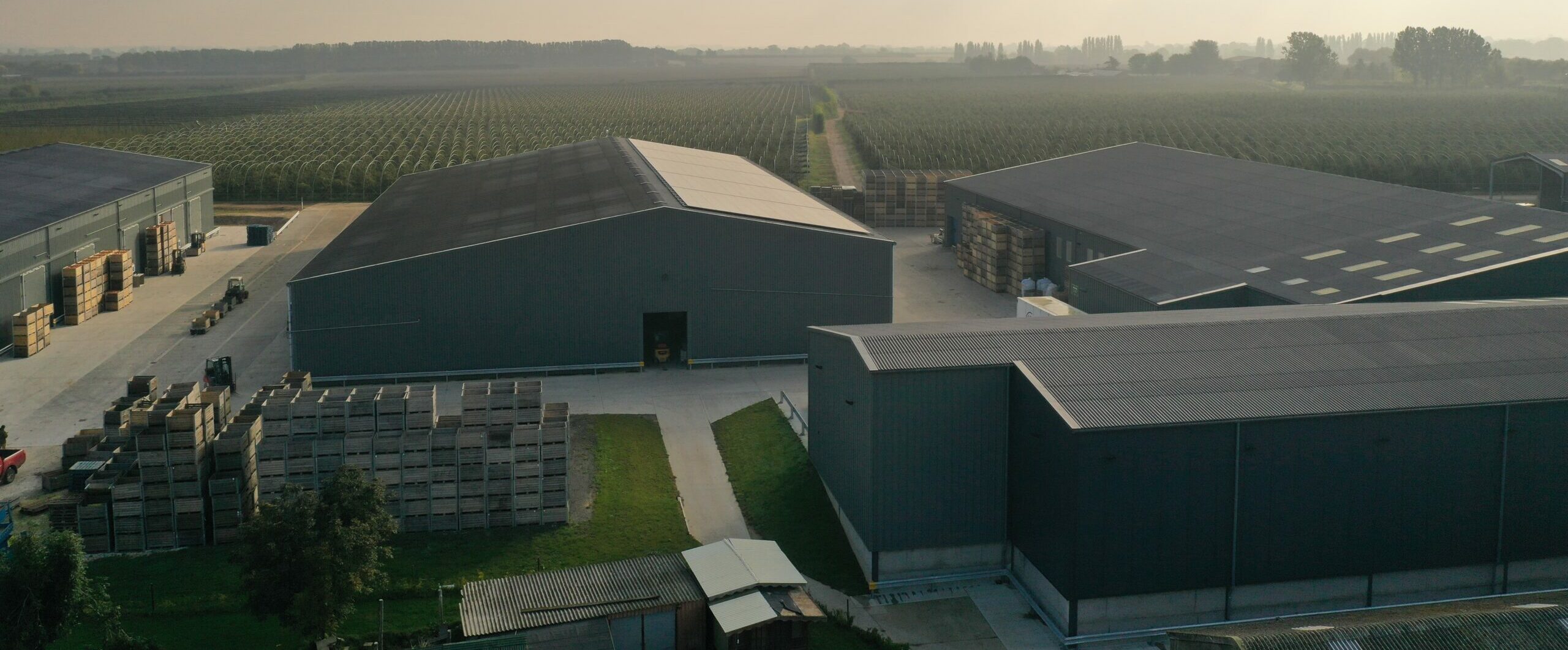Farming For Tomorrow
We farm for tomorrow, not just today. This is our mission and the guiding principle behind how we think and farm. This is what sustainable means to us. Our long-term objective is to implement improvement and reduction plans in key areas of our business, with practical targets that ensure our mission and values align with our farmed environment. We make long-term land management and investment decisions, often choosing higher-cost solutions that consider the economic, environmental and social benefits for all our stakeholders.
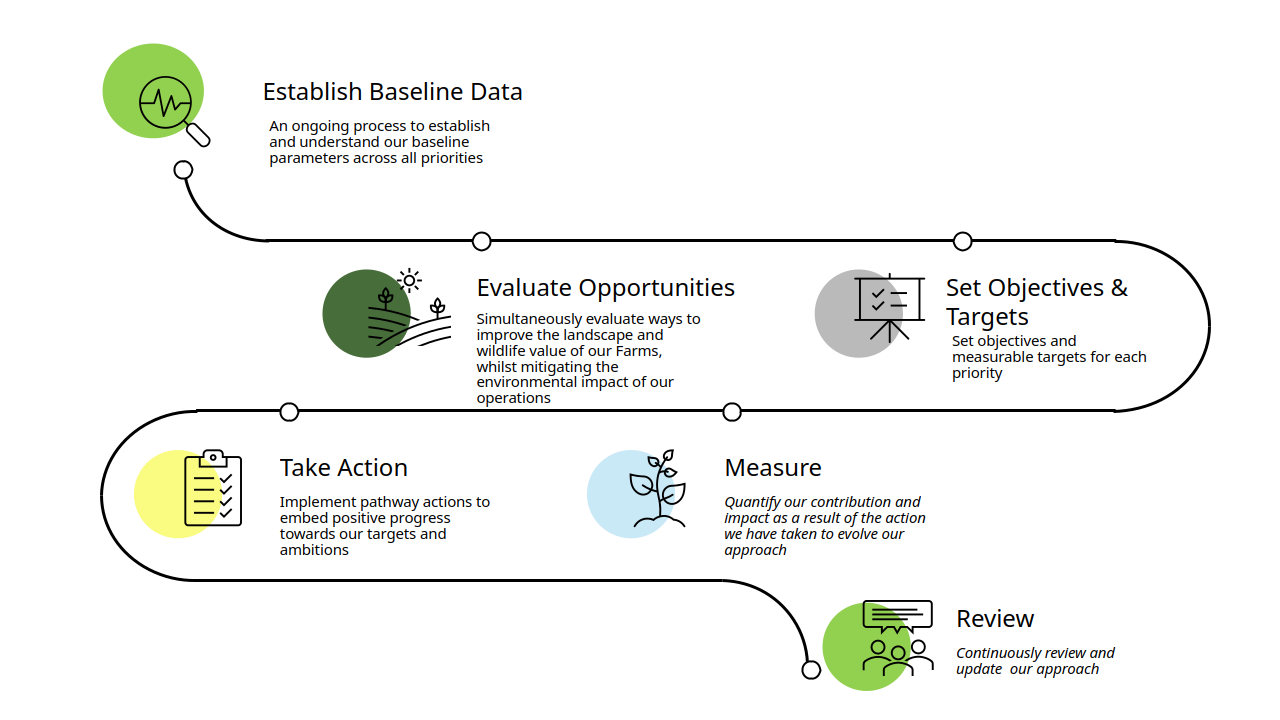
Biodiversity
We are committed to supporting and enhancing biodiversity through targeted, sustainable actions. Through Environmental Stewardship Schemes and the Sustainable Farming Incentive (SFI), we are actively establishing flower-rich margins, alleyways, and plots that buffer hedgerows, ditches and wildflower-rich grasslands — creating valuable transitions between farmland and natural habitats.
We encourage natural predator populations like earwigs (introduced via Wignests), anthocorids, ladybirds, parasitic wasps, lacewings, and hoverflies to naturally control pests such as Pear Sucker and Woolly Aphids.
To further nurture soil health and crop resilience, we regularly apply farmyard manure or compost and implement non pesticide-based growth regulation practices such as root pruning. These efforts reflect our long-term commitment to encouraging a thriving, balanced ecosystem across our farmed environment.
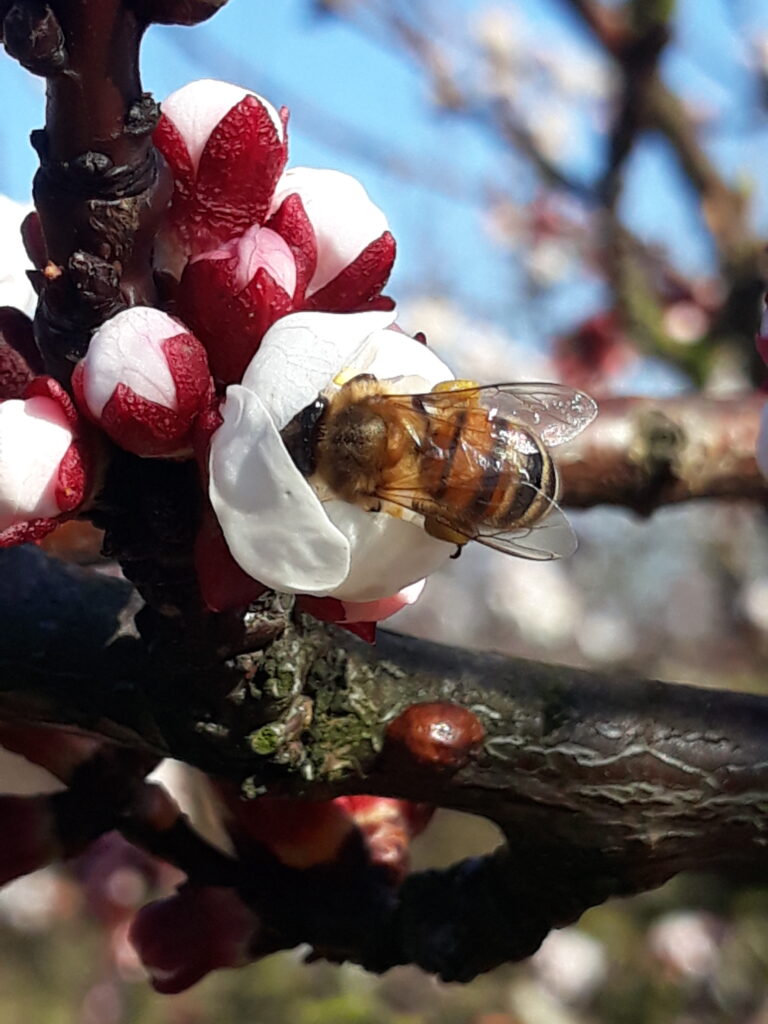
Soils
Soil health is at the heart of everything we grow. We prioritise crop rotations and the use of cover crops to reduce soil erosion, build fertility, enhance biodiversity, and provide winter feed for livestock. Our mixed farming heritage gives us further natural advantages, including regular applications of organic matter across all our enterprises and mob grazing livestock to improve soil structure and nutrient cycling.
We work closely with expert ecologists and agronomists, with whom we have built long-term relationships, to ensure our practices are guided by the latest insights and innovations that fit our farming systems . Together, these efforts ensure our soils remain healthy, fertile, and productive, supporting sustainable farming for tomorrow.
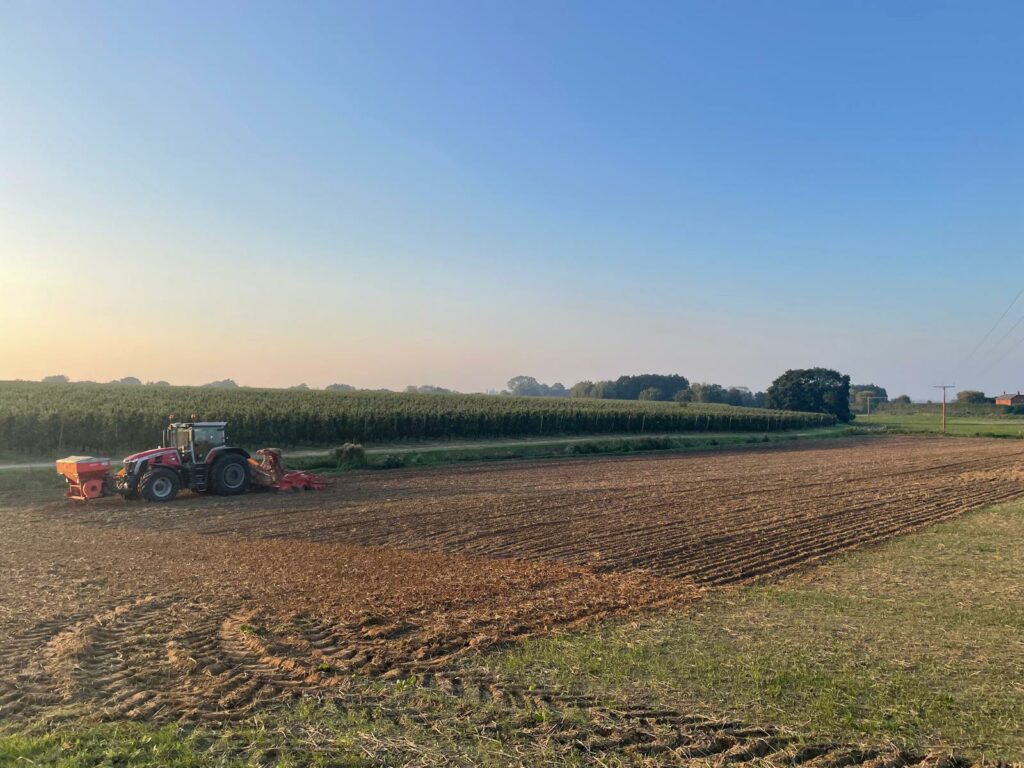
Water
We build resilience into our business by using water resources as efficiently as possible across the farm. Through the use of advanced computerised monitoring systems, including soil moisture probes, sap flow monitors, and dendrometers, we ensure that we apply only the precise amount of water needed for each crop. This data-driven approach minimises waste and optimises water usage. In addition, we harvest rainwater into reservoirs for irrigation and employ bio beds to filter and treat sprayer washings. These actions reduce the impact on local watercourses and protect the surrounding environment.
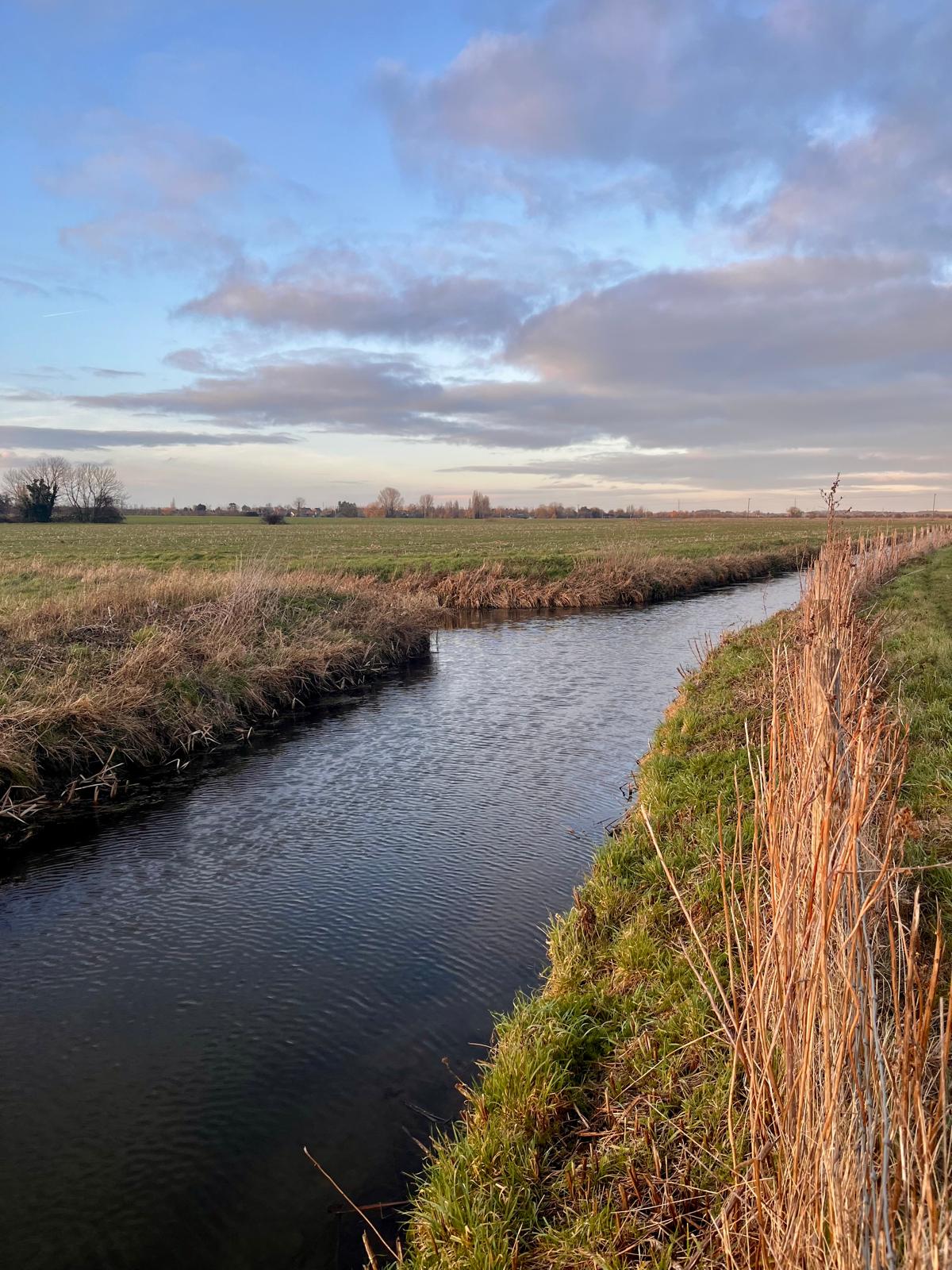
Energy Efficiency
Managing resource use is a key focus in our approach to farming for tomorrow, ensuring efficiency across all operations. We’ve installed 1MW of roof-mounted solar arrays, generating electricity to reduce import consumption to power our cold stores, packhouse and grain stores. We continuously explore alternative renewable energy sources whilst monitoring energy use to identify opportunities for further reductions in our existing on farm operations.
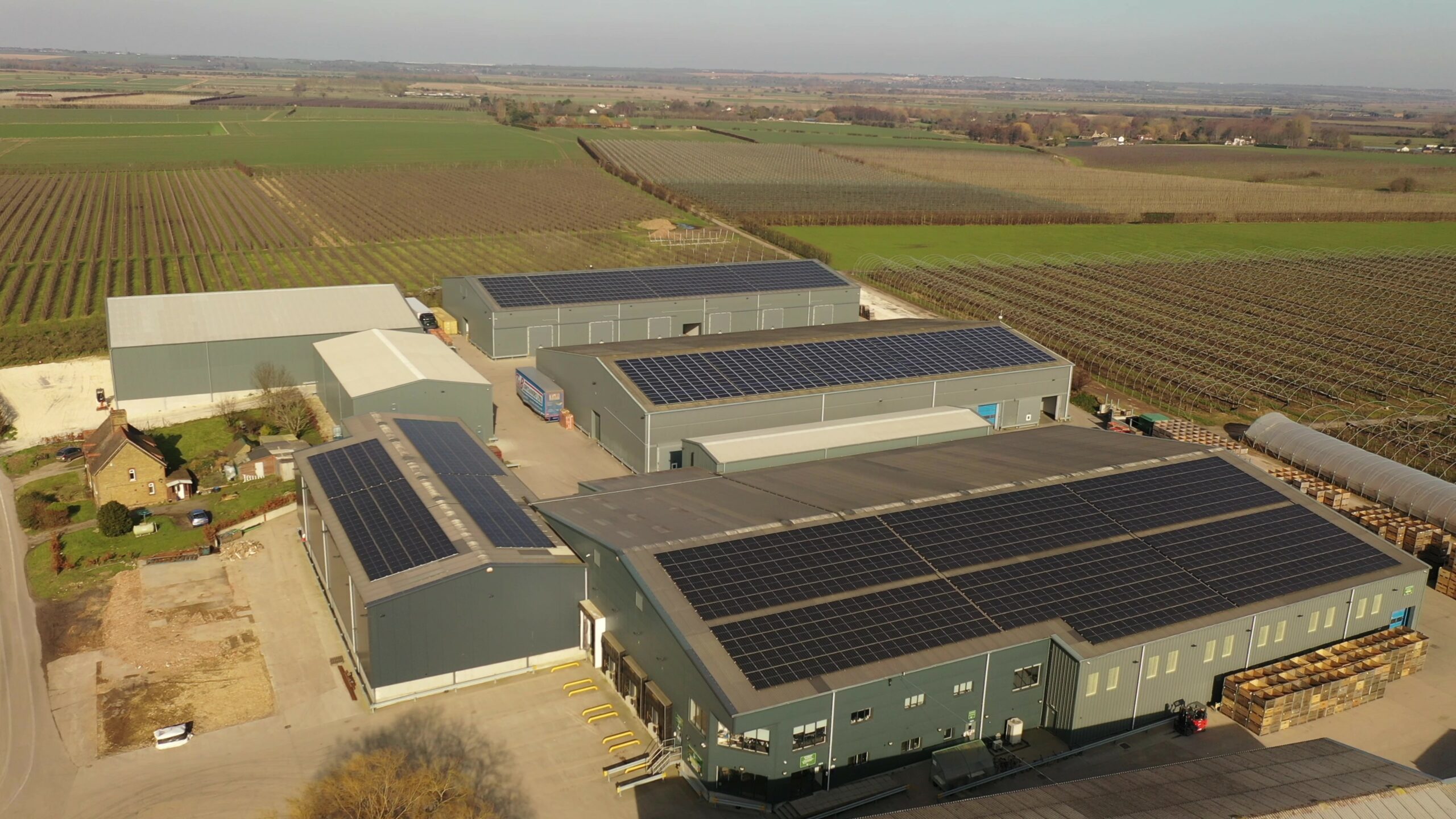
Climate Change
Climate change presents challenges, from extreme temperatures, unpredictable weather, new invasive pests and diseases to water scarcity and biodiversity loss. To adapt to these changes, we are adopting many new technologies that not only prepare us better but enable us to maximise resource efficiency within our business. These include precision farming practices around irrigation, soil conditioning and protective measures to safeguard our produce, while exploring heat-resilient crops such as grapes and a wider variety of stone fruit crops. We build water resilience through boreholes, water storage and our abstraction licenses, while organic matter and cover crops help protect and enhance our soils. Flood management strategies, including free-draining soils and soil structure enhancements help to reduce erosion and water runoff. Biodiversity is key to climate change resilience, and our beekeeping initiatives and biodiversity action plan support pollinators, aligning with our SFI objectives. By integrating climate resilience into our whole-farm approach, we ensure a sustainable future for our business, our farmed environment and the local community.

